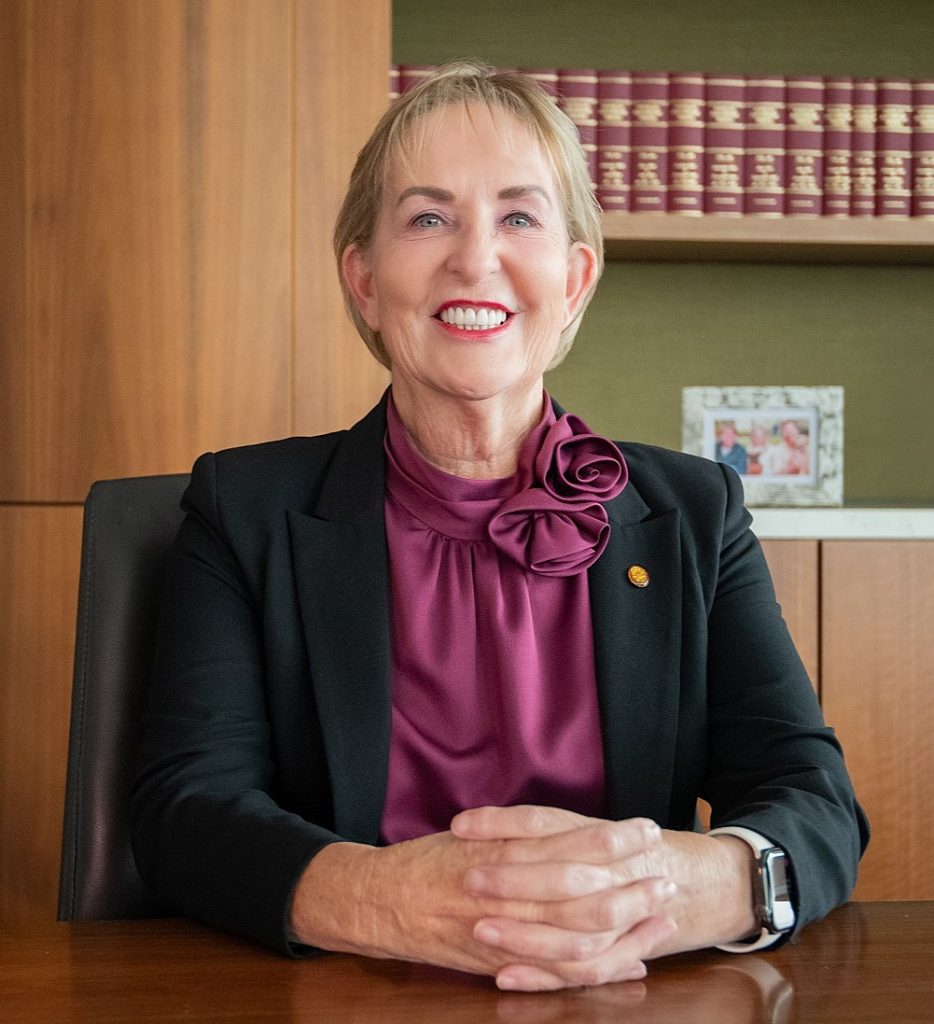About Treasury
- What we do
- Our people
- Acknowledgement of traditional custodians
- Working at Treasury
- Right to information
- RTI Disclosure Log – July 2019 to current
- RTI disclosure log – June 2019 and earlier
- RTI publication scheme
- RTI Disclosure Log – Former Queensland Productivity Commission
- Archived Disclosure Log of former Department of Energy and Climate
- Archived Disclosure log of former Department of Energy and Public Works
- Annual Report 2023–24
- New and proposed regulations
- Contact us
- Compliments and complaints
Our people
Our Ministers

Hon. David Janetzki MP
David is Queensland Treasurer, Minister for Energy and the Minister for Home Ownership.
Elected as the Member for Toowoomba South in 2016, David brings diverse experience to the Queensland Parliament.
Born and raised on the land near Acland, he holds economics and law (honours) degrees from the University of Queensland.
He worked for Corrs Chambers Westgarth in Brisbane and the Manpower Group in London while his wife Mel sang with opera companies in Europe.
Returning to Toowoomba in 2007, he spent a decade in senior leadership positions at Heritage Bank, including General Counsel.
In 2015 he was recognised as one of Australia’s leading in-house banking and finance lawyers by the Doyle’s Guide.
He was a founding director of Vanguard Laundry, a large-scale social enterprise, served on the Board of Opera Queensland, lectured at the University of Southern Queensland and chaired the Southern Downs Regional Council Audit and Risk Committee.
Blessed with three precious children, David loves playing the piano and is an avid cricket fan.

Hon. Ros Bates MP
Ros is the Minister for Finance, Trade, Employment and Training. She has represented the state electorate of Mudgeeraba since 2009.
As a member of the government’s leadership team, Ros is responsible for the management of government owned enterprises, insurance, investment facilitation, trade development, employment, vocation education and training, skills and workforce development and the marketing and promotion of international education and training.
Before entering Parliament, she spent over 25 years in the health sector as a nurse and health administration, receiving several awards for her dedication and service, as well as being a Queensland Telstra Businesswoman of the Year.
Our Executive Leadership Team

Paul Williams
Under Treasurer
Paul Williams is an experienced senior executive with more than 25 years’ experience in the banking and finance sector. He has held Board and Committee positions across funds management, hospitality, sport and the not-for-profit sector.
Most recently he was the Chief Financial Officer with People First Bank and has previously held executive roles in strategy, finance and investment with Heritage Bank as well as the Bank of Queensland.
He has a Master of Business Administration from the University of Southern Queensland, a Graduate Diploma Applied Finance from FINSIA, Master of Arts from the University of Cambridge and a Bachelor of Arts from the University of Queensland.
Helen Dogan
Deputy Under Treasurer, Social, Intergovernmental and Corporate
Helen was appointed Deputy Under Treasurer in August 2024. She is a senior executive with over 20 years’ experience in government having worked across a range of portfolios including Treasury, Agriculture and Fisheries, Health and Energy in policy and financial roles. In Treasury, Helen has most recently led the Social Policy and Industry Policy teams which work in close partnership with key government agencies to provide strategic economic and fiscal policy advice to government.
Dennis Molloy
Deputy Under Treasurer, Economics and Fiscal
Dennis was appointed Deputy Under Treasurer in May 2021. He has extensive experience in both the Queensland and Australian governments in economics and public policy, with a particular interest in policies that drive economic growth and achieve fiscal sustainability. Dennis has had key roles in the delivery of Queensland budgets since 2010‒11.
Drew Ellem
Head of Strategic Policy
Drew was appointed Head of Strategic Policy in December 2021. In addition to a range of senior executive positions in Treasury, Drew has undertaken senior executive roles in the Department of the Premier and Cabinet and the Department of Education. He currently has responsibility for leading strategic policy issues and Treasury’s Cabinet Legislation and Liaison Office and Strategic Communications functions. Drew is also a Director of the Queensland Rural and Industry Development Authority and Queensland Treasury Holdings Pty Ltd.
Rachel Crossland
Deputy Under Treasurer, Industry, Investment and Commercial
Rachel was appointed Deputy Under Treasurer in February 2023. Rachel has an extensive background in policy development and has delivered innovative solutions to complex challenges across the Queensland, Australian and Irish public sectors, such as Queensland’s economic strategy and the state’s economic recovery response during the COVID-19 pandemic. Rachel’s experience includes leading the Future Economy Taskforce in the Department of the Premier and Cabinet, as well as strategy, economic and industry policy teams in Treasury and departments related to resources, energy and agriculture.
Simon McKee
Commissioner of Queensland Revenue Office and Registrar of the State Penalties Enforcement Registry
Simon was appointed Commissioner and Registrar in August 2023. He has extensive strategic leadership experience in the public sector, including in Treasury and revenue offices, and leading large-scale operational and technical functions. Simon has also led the successful delivery of significant transformation and innovation programs. Most recently, as Deputy Commissioner, Operations and Enforcement Group, Simon led the delivery of client services for all state revenue, debt and grants, and technology functions.
Carlye Sycz
Acting Deputy Under Treasurer, Energy and Climate
Carlye was appointed Acting Deputy Under Treasurer in November 2024 following her previous position as Deputy Director-General, Climate in the former Department of Energy and Climate. Her extensive Queensland Government experience spans strategic policy development, program implementation and stakeholder engagement across economic and social portfolios including in the resources and energy sectors, as well as in emergency management and First Nations community development.

